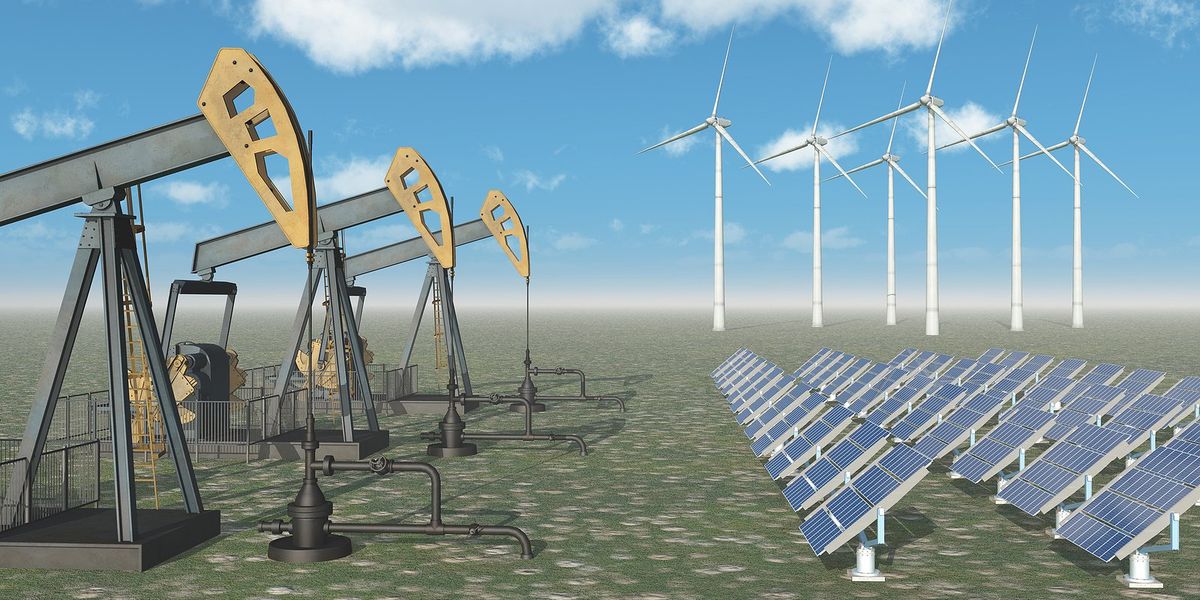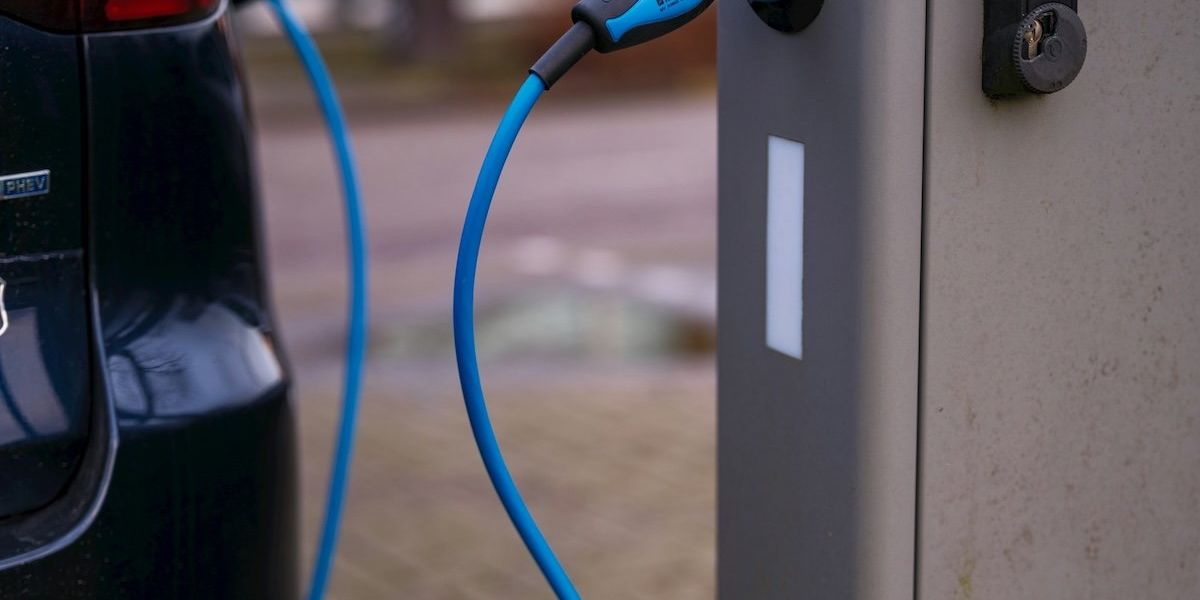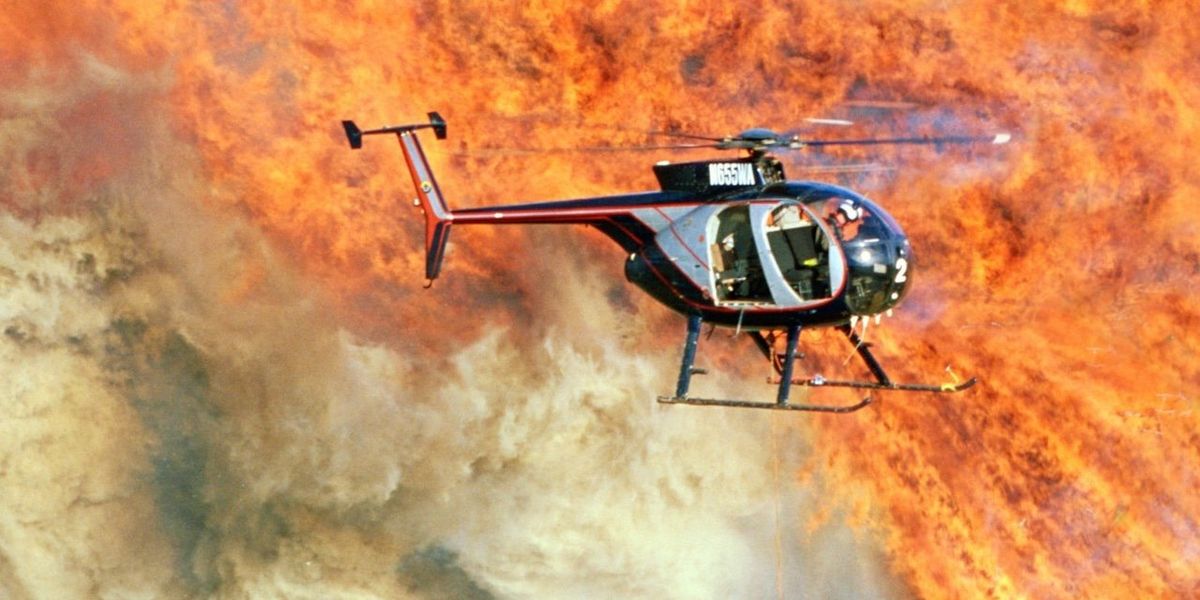Charleston climate case sparks national security debate in federal court
A South Carolina judge questioned whether a local lawsuit accusing oil companies of climate deception could undermine national security, as President Trump’s executive order claims.
Karen Zraick reports for The New York Times.
In short:
- The City of Charleston is suing ExxonMobil, Chevron, and others for allegedly misleading the public about climate risks, arguing their actions intensified the impact of global warming on the flood-prone coastal city.
- President Trump issued an executive order declaring such lawsuits a threat to national security; federal lawyers have used it to try to stop other states from filing similar suits.
- Judge Roger M. Young Sr. appeared skeptical of Charleston’s arguments but has not ruled; the case raises broader questions about whether state courts are appropriate venues for global climate disputes.
Key quote:
“This lawsuit is not seeking to solve climate change, but quite candidly, it’s so the city has the money to survive it.”
— Matt Edling, attorney for the City of Charleston
Why this matters:
As seas rise and storms intensify, local governments across the U.S. face mounting costs to protect communities from climate-driven damage. Charleston, a historic city at the water’s edge, has become a frontline for legal efforts aimed at holding fossil fuel companies financially accountable — not for future emissions, but for past public messaging. If courts side with cities like Charleston, it could set a precedent allowing local jurisdictions to recoup climate-related costs, shifting financial liability from taxpayers to oil and gas companies. But the legal landscape is uneven. Some states have advanced similar claims, while others have seen their lawsuits dismissed. President Trump’s executive order labeling such cases a threat to national security adds a new layer of complexity, turning local litigation into a flashpoint in national policy.
Related: Oil companies seek legal immunity modeled on gun industry’s shield from lawsuits













